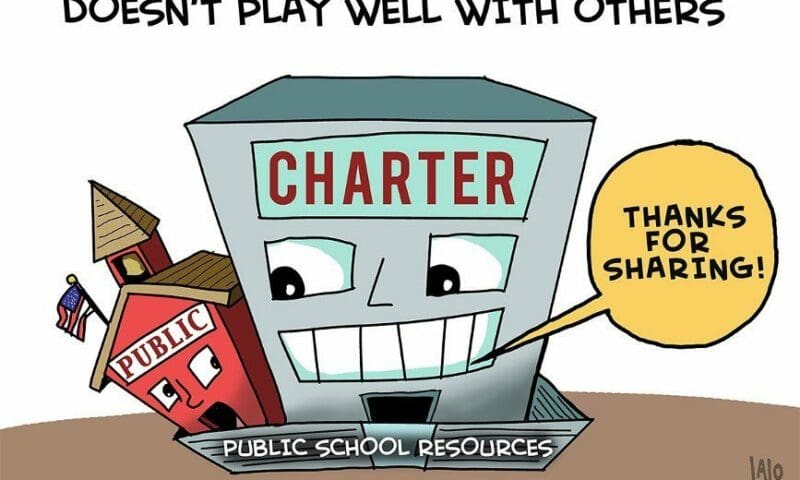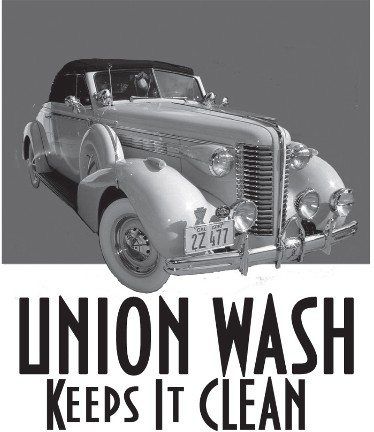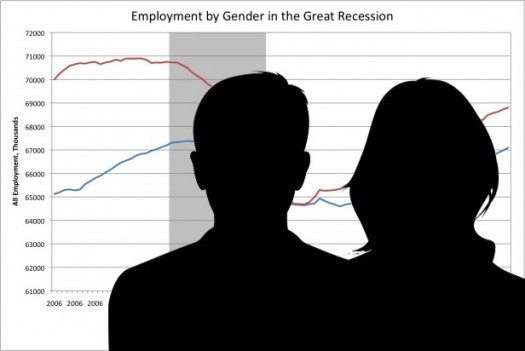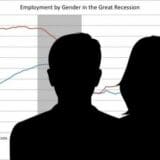

It is widely recognized that economists are not very good at economics. That is why we are looking at a decade of economic stagnation with tens of millions of people being unemployed or underemployed in Europe and the United States.
If economists were better at economics, central banks in the United States and Europe would have recognized the housing bubbles that were driving economies in the last decade. They would have taken steps to rein them in before they grew so large that their inevitable collapse would sink the world economy.
We recently had the opportunity to see that economists are no better at moral philosophy than economics. In a recent paper, Harvard economics professor Greg Mankiw, the former chief economist to President Bush and one of the country’s most prominent conservative economists, compared progressive taxation to forcefully removing a person’s kidney for a transplant.
That is probably not how most people would view imposing a high tax rate on rich people.
» Read more about: Economic Inequality: The Heart (and Kidney) of the Matter »


Has the New York Times turned into a latter-day Daily Worker, or are labor conditions in America becoming so bad that even the national paper of record is demanding social justice? A look at this past Sunday’s Section A revealed no fewer than three stories delving into the predatory practices of employers and financial players.
The front page led with an eye-opening investigation into how investment banks– including Goldman Sachs, JP Morgan Chase and Morgan Stanley – have reaped billions from stockpiling commodities in giant warehouses across the country.
The story, written by David Kocieniewski, focused on 27 mega-warehouses holding aluminum located around Detroit. (You remember Detroit – the city whose retired employees’ pensions are now threatened under bankruptcy proceedings, as banks and other creditors are being escorted to the front of the collection line?) The Times found that by needlessly shifting thousands of palettes of aluminum ingots from one warehouse to another,
» Read more about: From Goldman Sachs to Walmart to Urasawa: A NYT Trifecta »


One way to view Detroit’s bankruptcy — the largest bankruptcy of any American city — is as a failure of political negotiations over how financial sacrifices should be divided among the city’s creditors, city workers and municipal retirees — requiring a court to decide instead. It could also be seen as the inevitable culmination of decades of union agreements offering unaffordable pension and health benefits to city workers.
But there’s a more basic story here and it’s being replicated across America: Americans are segregating by income more than ever before. Forty years ago, most cities (including Detroit) had a mixture of wealthy, middle-class and poor residents. Now, each income group tends to lives separately, in its own city — with its own tax bases and philanthropies that support, at one extreme, excellent schools, resplendent parks, rapid-response security, efficient transportation and other first-rate services; or, at the opposite extreme, terrible schools, dilapidated parks, high crime and third-rate services.


Americans believe in speaking up when something is wrong and working together to improve their lives. The freedom of speech and freedom of association are core American values and basic rights enshrined by our nation’s Constitution. Yet while our basic rights as Americans are protected under the law, Walmart doesn’t think these laws apply to them.
In recent weeks, Walmart has escalated its illegal campaign of punishing workers who exercise their right to come together and speak out for change. In attempting to silence those workers who speak out, the company has fired or disciplined more than 60 workers.
The recent string of firings comes on the heels of last month’s protest in front of Walmart’s headquarters in Bentonville, Arkansas. In late May, members of OUR Walmart held a nationwide strike and Ride for Respect caravan protesting Walmart’s unfair labor practices (ULP), which took them on a bus ride from Southern California to Bentonville,


See Gary Cohn’s article, “Why Charter Schools Are Tearing Public Campuses Apart.”


In major urban centers, car washing is an industry that relies on full-time labor. Like many other low-wage jobs in the Americanservice economy, the workers who perform this labor are mainly adults with families to support, and they are often recent immigrants. Once considered unorganizable, the “carwasheros” (as the carwash employees call themselves) are now standing up. They are demanding to be taken seriously as employees who shouldn’t be expected to survive on a teenager’s summer salary.
Recent victories have resulted in some of the first-ever carwash collective bargaining contracts. In Queens, New York, workers organized with the backing of an unusual community-labor alliance – a joint effort by Make the Road New York and the Retail, Wholesale and Department Store (RWDSU) union. They succeeded in winning better, standardized pay scales and job protections in their first contract in June. At a carwash in Santa Monica, California, workers won their first contract in 2011 as members of the United Steelworkers Local 675 and with the support of a broad-based Los Angeles coalition called the Clean Carwash Campaign.


Joint Statement from Metro Detroit AFL-CIO President Chris Michalakis and Michigan State AFL-CIO President Karla Swift on Detroit’s Bankruptcy Filing:
Every step of the way, the citizens of Detroit were told that they had to give up their right to democratic representation in order to avoid bankruptcy. Now that this filing has come anyway, it is clear that either state control has failed or that Governor Snyder and his emergency manager appointee were not honest about their intentions in the first place.
[Friday’s] action can be taken as confirmation that Kevyn Orr was hired, secretly and ahead of a declared financial emergency, because he is a bankruptcy expert.
As Chapter 9 proceedings begin, Detroit cannot afford any further attacks on working families, who have already sacrificed so much without a say in the process. City workers have already made severe concession to keep the city afloat. It is time to put the needs of Detroit residents above the interests of out of town creditors.
» Read more about: Detroit Unions Ask: Was Bankruptcy Inevitable? »


 It took about a year of hard-fought organizing and several weeks of balloting, but Wednesday the vote tally spoke for itself: Nearly 70 percent of New Jersey-based port truck drivers employed by the Toll Group chose to form a union. The 112 truckers, who include long-haul drivers and hostlers that move trailers within Toll’s yards, have affiliated with Teamster Local 469.
It took about a year of hard-fought organizing and several weeks of balloting, but Wednesday the vote tally spoke for itself: Nearly 70 percent of New Jersey-based port truck drivers employed by the Toll Group chose to form a union. The 112 truckers, who include long-haul drivers and hostlers that move trailers within Toll’s yards, have affiliated with Teamster Local 469.
Toll, an Australian-owned transportation and logistics industry giant, had only last year agreed to allow drivers at its Ports of Los Angeles and Long Beach facility to unionize with Teamster Local 848, capping a contentious struggle there. (The company’s Australian facilities have long been unionized.) Rather than learn from its California experience and take a constructive approach to labor relations, Toll flat-out fought its East Coast workers, who service the ports of New York and New Jersey. During its organizing campaign, the Teamsters filed charges with the National Labor Relations Board,
» Read more about: New Jersey Port Drivers Choose Union Representation »


 According to accounts in the business press, there is a campaign among Washington insiders to get Larry Summers appointed as Ben Bernanke’s replacement as Federal Reserve Board chair. This could end up being the scariest horror movie of the summer.
According to accounts in the business press, there is a campaign among Washington insiders to get Larry Summers appointed as Ben Bernanke’s replacement as Federal Reserve Board chair. This could end up being the scariest horror movie of the summer.
It is bizarre that Summers would be seriously considered as the next Fed chair if for no other reason that there is an obvious replacement for Bernanke already sitting at the Fed. Janet Yellen, the vice-chair, has in the past served as the president of the Federal Reserve Bank of San Francisco, a member of the Board of Governors in the 1990s and head of President Clinton’s Council of Economic Advisers. She also has an impressive academic background, having been a professor at both Berkeley and Harvard.
No woman has ever served as chair of the Fed and Yellen would be an obvious choice to break the barrier.
» Read more about: Larry Summers: ‘Scariest Horror Movie of the Summer’? »


How are men doing in our anemic economic recovery? David Brooks, after discussing his favorite Western movie, argues in his latest column, Men on the Threshold, that men are “unable to cross the threshold into the new economy.” Though he’d probably argue that he’s talking about generational changes, he focuses on a few data points from the current recession, including that “all the private sector jobs lost by women during the Great Recession have been recaptured, but men still have a long way to go.”
Is he right? And what are some facts we can put on the current recovery when it comes to men versus women?
Total Employment
Men had a harder crash during the recession, but a much better recovery, when compared with women.
Indeed, during the first two years of the recovery expert analysis was focused on a situation that was completely reversed from Brooks’